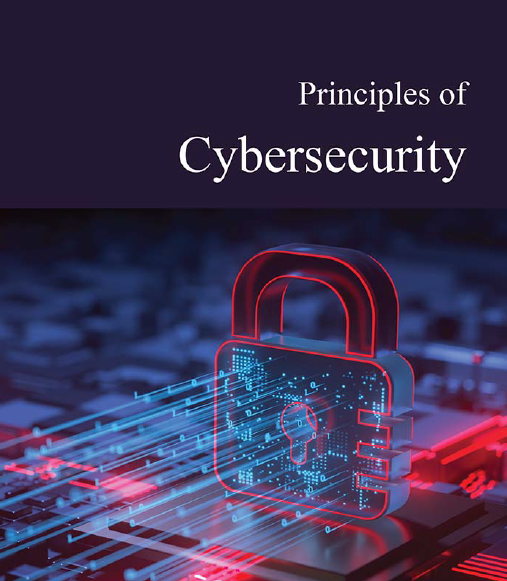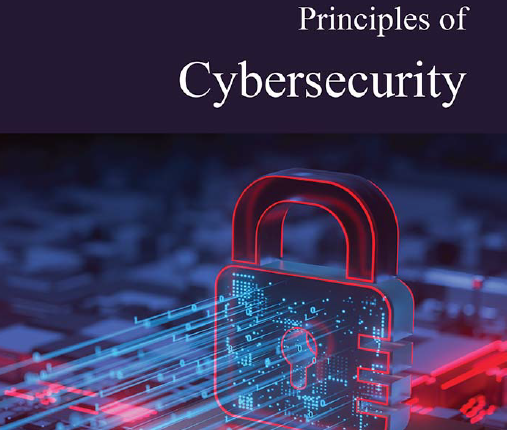This eBook is an in-depth guide published in 2024, covering essential topics for IT professionals and technology enthusiasts. Spanning 435 pages, the book offers a comprehensive look at the latest advancements, techniques, and best practices in its field, making it a valuable resource for beginners and experienced users alike.
Structured to facilitate both learning and reference, the eBook includes step-by-step tutorials, detailed explanations, and real-world examples. With a concise and reader-friendly format, this PDF provides a highly accessible format, and its 10 MB size makes it easy to store and access on any device.
Perfect for students, professionals, and self-learners, this resourceful guide ensures a well-rounded understanding of the topic, setting a strong foundation for practical application.
Table of Contents
Part I: Foundations of Cybersecurity
- Introduction to Cybersecurity
- Understanding Cybersecurity Basics
- Importance and Evolution of Cybersecurity
- Key Terminology and Concepts
- Cyber Threat Landscape
- Types of Cyber Threats and Attacks
- Anatomy of a Cyber Attack
- Real-World Examples of Cybersecurity Incidents
- Core Principles of Cybersecurity
- Confidentiality, Integrity, and Availability (CIA Triad)
- Risk Management and Mitigation
- Principles of Least Privilege and Defense in Depth
Part II: Securing Systems and Networks
- Network Security Fundamentals
- Network Security Architectures
- Firewalls, VPNs, and Intrusion Detection Systems (IDS)
- Protecting Against Common Network Threats
- Endpoint and Application Security
- Securing Endpoints and Devices
- Application Security Basics
- Common Vulnerabilities and Prevention Strategies
- Cloud Security Essentials
- Cloud Security Frameworks and Models
- Data Protection in the Cloud
- Security Best Practices for Cloud Environments
Part III: Cybersecurity Strategies and Technologies
- Cryptography and Data Protection
- Fundamentals of Cryptography
- Encryption and Hashing Techniques
- Real-World Applications of Cryptography
- Identity and Access Management (IAM)
- Authentication and Authorization
- Multi-Factor Authentication (MFA)
- Identity Governance and Privileged Access Management
- Security Operations and Monitoring
- Security Information and Event Management (SIEM)
- Incident Response and Forensics
- Key Performance Indicators for Security Monitoring
Part IV: Compliance, Governance, and Risk Management
- Cybersecurity Governance and Compliance
- Key Cybersecurity Standards and Regulations (e.g., GDPR, HIPAA)
- Governance Frameworks and Policies
- Role of Compliance in Cybersecurity
- Risk Assessment and Management
- Identifying and Assessing Cyber Risks
- Developing a Risk Management Strategy
- Business Continuity and Disaster Recovery
- Developing a Cybersecurity Culture
- Building Awareness and Training Programs
- Cybersecurity Policies and Procedures
- Fostering a Security-First Mindset
Part V: Emerging Topics in Cybersecurity
- Cybersecurity and Artificial Intelligence
- Role of AI in Cybersecurity
- Machine Learning Techniques for Threat Detection
- AI-Based Cybersecurity Challenges
- IoT and Critical Infrastructure Security
- Security Challenges in IoT
- Protecting Critical Infrastructure
- Case Studies on IoT Security Incidents
- The Future of Cybersecurity
- Emerging Threats and Technologies
- Predicting Cybersecurity Trends
- Preparing for Future Challenges
Click here to download your eBook free
Download Link

